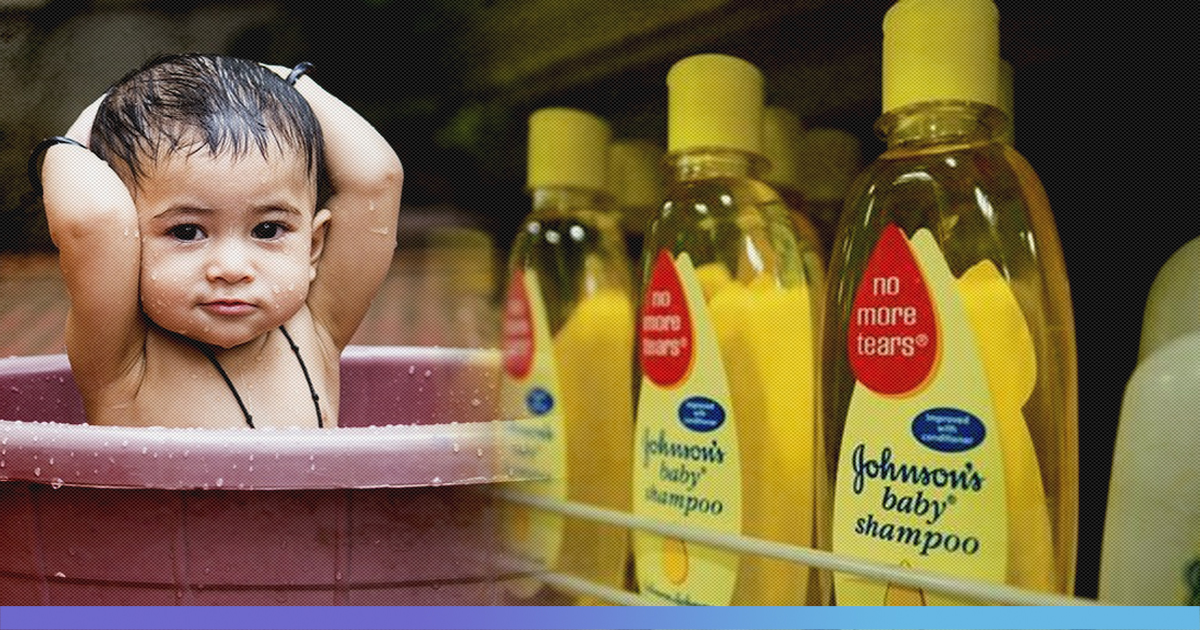The trouble for the US healthcare giant Johnson & Johnson seems to be far from ending, recently, Rajasthan’s drug regulator found that its popular ‘No More Tears’ baby shampoo contains a cancer-causing substance, reported the Money Control. According to the Rajasthan’s Durg Control Organisation, two batches of the shampoo which were manufactured in J&J’s facility in Baddi town of Himachal Pradesh contained formaldehyde, a known carcinogen, more than what the company has stated.
The Rajasthan drug watchdog issued a notice on March 31, 2019 ordering that the shampoo bottles from these two batches should be taken off the shelves. In the notice, it also mentioned that the samples picked for testing are “not of standard quality”. Raja Ram Sharma, a member of Rajasthan drug controller told The Print that they have found a higher amount of formaldehyde in J&J’s shampoos. The examining body has also asked for proper action against the company under the Drugs and Cosmetics Act, 1940.
The Central Drugs Standard Control Organisation said that it will scrutinise the matter closely. Eshwara Reddy, a member of Drug Controller General of India told The Indian Express that they will the monitor movement of such type of products in the market.
Company refutes the findings
However, the company spokesperson has refuted the findings and claimed that their products are safe and go along with Indian laws. The spokesperson said, “We have confirmed to the Indian authorities that we do not add formaldehyde as an ingredient in our shampoo nor does Johnson’s baby shampoo contain any ingredient that can release formaldehyde over time”. The company said that they have challenged the interim test results and the unknown and unspecified methods uptaken by the government body. The spokesperson also said that the samples have been sent for re-testing.
Earlier cases
This is not the first time J&J’s has come under scrutiny. The California jury on 21 August 2017, ordered Johnson & Johnson to pay a record $417 million to a hospitalised woman who claimed in a lawsuit that the firm’s iconic baby powder caused her ovarian cancer when regularly applied for feminine hygiene.
The lawsuit was brought by Eva Echeverria, a 63-year-old woman who said that she started using Johnson’s baby powder on a daily basis when she was 11-year-old and was diagnosed with ovarian cancer ten years ago in 2007. In another case, on February 2016, Missouri state jury ordered the Health giant Johnson & Johnson to pay a hefty sum of $72 million in damages to the family of an Alabama woman Jacqueline Fox who died from ovarian cancer allegedly caused by using the company’s Baby Powder and other products that contained talc for feminine hygiene for more than 35 years.
Also Read: Johnson & Johnson To Pay $417 Million To Woman Who Claimed Its Baby Powder Gave Her Cancer












